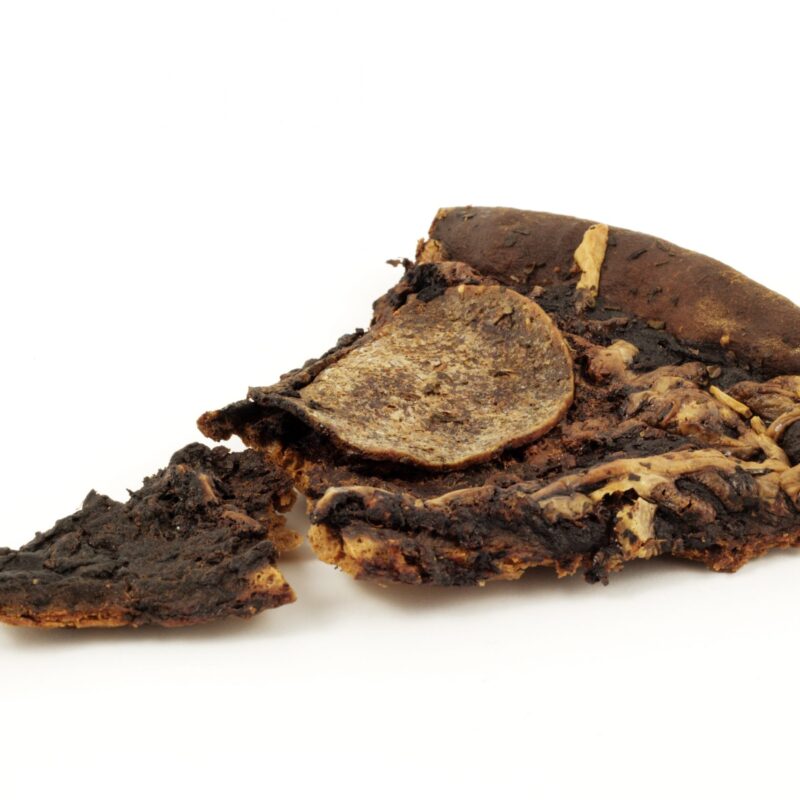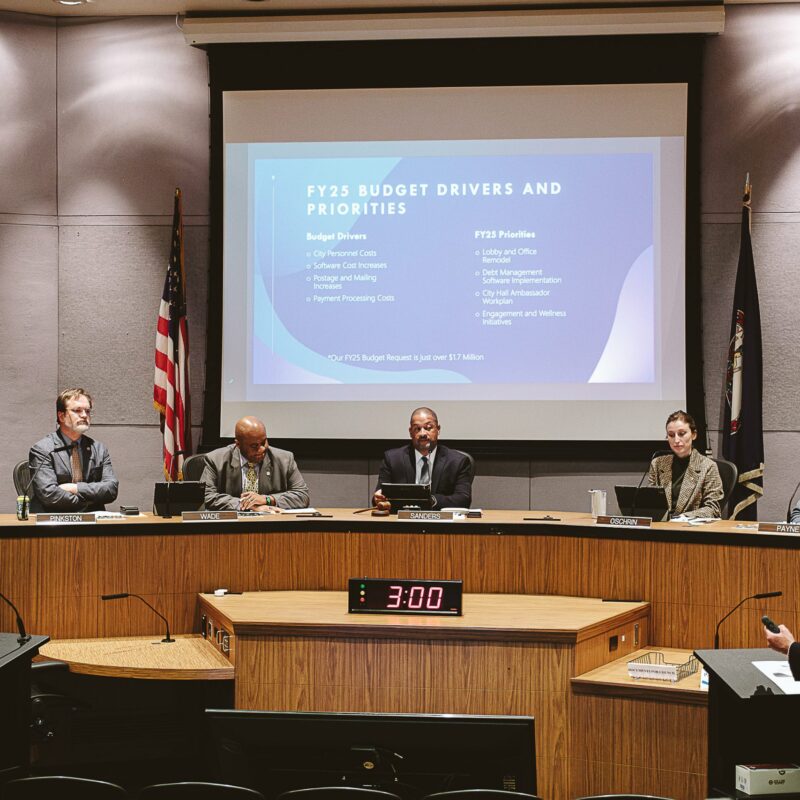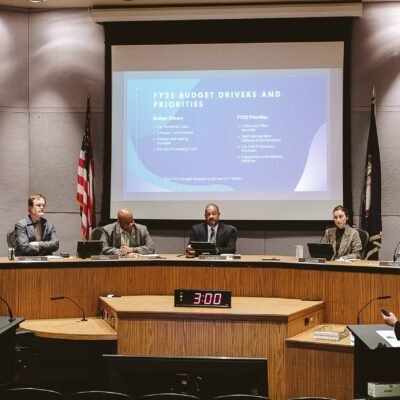With the newly christened addition of the $43 million Wilsdorf Hall, UVA isn’t just touting a brand spankin’ new engineering building. In what’s being seen as an already developing worldwide nanotech research scramble, the University is jockeying for a position as one of the county’s top nanotechnology institutes, with no intention of being left behind.
 |
Across the globe, the field of nanotechnology, the ability to manipulate and create new materials on the smallest levels, has already created widespread technology such as stain-resistant clothing and smaller computer hard drives. Within the coming decade, nanotechnology could become a $1 trillion market, according to the federal National Nanotechnology Initiative.
“This is the root discovery of a whole new set of scientific discoveries,” says Robert Hull, professor of materials science and engineering and UVA’s director of their nanotech institute (abbreviated NanoQuest). “It will create new science, new engineering, new technology. …We want to be neck and neck with the top schools in our research work.”
Wilsdorf Hall will serve as a magnet for recruiting professors and graduate students. UVA currently has 70 professors and 150 grad students working on nano-related research, and last year they received $17 million in grants. Aneesh Chopra, the State’s secretary of technology, hails Wilsdorf Hall as being “built on the promise of collaborative research that will yield breakthrough discoveries for the global marketplace.”
Already, universities nationwide have centers devoted to nanotechnology research, at top-tier schools such as Harvard, MIT and Cal Tech, with millions flowing into them from the private sector and federal and state government.
Small Times, a business publication covering the field of nanotechnology, recently ranked UVA as sixth out of 50 participating universities in nanotechnology research, though Hull doesn’t believe that truly reflects the real positioning.
“While there is really no formal ranking, we’re just behind the leading universities,” Hull says. “In the next decade, we want to be in the top 10, though right now we’re not far off.”





